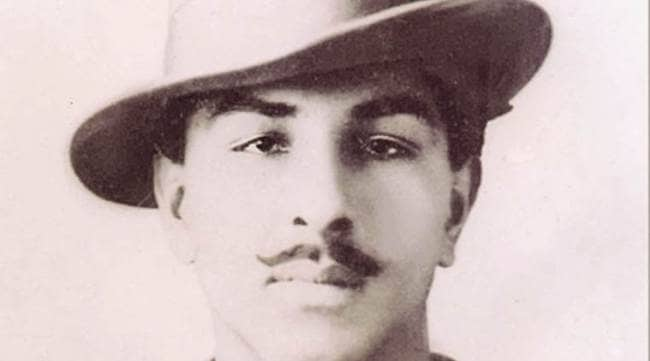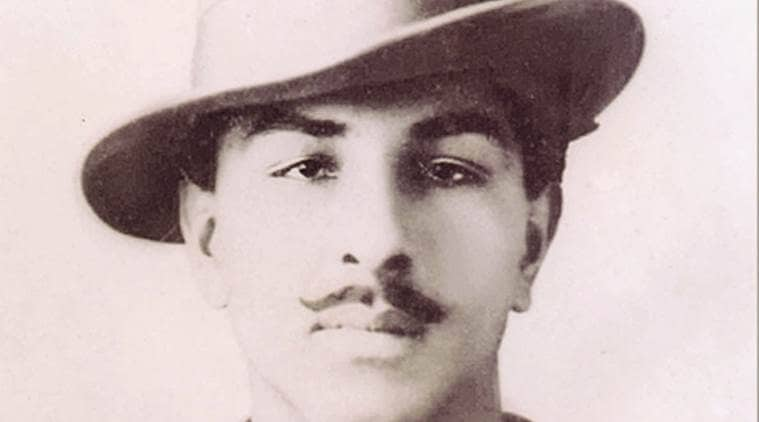Opinion Terms & conditions
Missing in the political name-calling over Bhagat Singh: Some nuance, an understanding of history.
 In picture, Bhagat Singh (File Photo)
In picture, Bhagat Singh (File Photo)  Bhagat Singh.
Bhagat Singh.So what do politicians have to do with history? Last heard, BJP MPs, JD(U)’s K.C. Tyagi and Deputy Chairman of Rajya Sabha P.J. Kurien were agitated over noted historian Bipan Chandra’s reference to Bhagat Singh as a “revolutionary terrorist” in a popular text book, India’s Struggle for Independence (1988). HRD Minister Smriti Irani called it “academic murder”. BJP’s Anurag Thakur has called for a debate on what is taught in academic institutions. In the Rajya Sabha, Kurien directed the government to remove the description and to “inquire how it happened”. The government has assured the House that the HRD minister will take “necessary steps”. Meanwhile, a case has been filed in a Kanpur court against the Delhi University VC and the authors.
It is reassuring that legislators are concerned about the quality of texts taught in universities. But are they competent to rewrite history? Chandra was an internationally respected historian who did seminal work on Bhagat Singh. He tracked down Bhagat Singh’s now celebrated essay, “Why I am an Atheist”, and published it first. Then, descriptions and categories must be read within the historical context in which they are coined and deployed. The textbook in question was written at a time when terrorism had not become the global phenomenon it is now and Chandra used the term “revolutionary terrorism” to delineate a political tradition that ran parallel to the Gandhian non-violent tradition in India’s independence movement. It was one that preferred armed struggle to non-cooperation and moral persuasion to overthrow imperial rule. Unlike the Gandhian mainstream represented by the Congress, Bhagat Singh’s Naujawan Bharat Sabha, Chandrasekhar Azad’s Hindustan Socialist Republican Association, Bengal groups like the Anushilan Samiti and Jugantar, used the killings of British officials and bomb attacks to press the cause of national liberation. This was much before the advent of transnational Islamist terror groups transformed the debate on “terrorism” and gave it new meanings and associations. The enormity of this change can also be grasped from the shifts in India’s own approach to Tamil separatism in Sri Lanka over the years. Of course, Chandra himself had clarified that he used “revolutionary terrorism” “without any pejorative meaning and for want of a different term”.
It is unfortunate that what should have been a lively and nuanced debate in a university classroom over how meanings of terms change with shifting contexts has been reduced to uninformed mudslinging.




